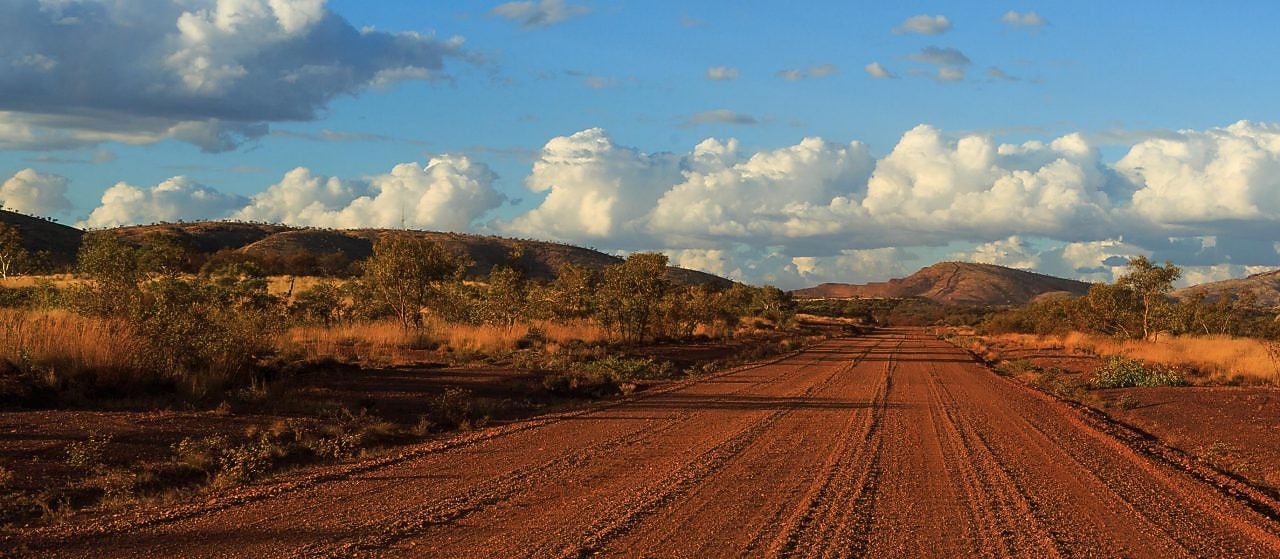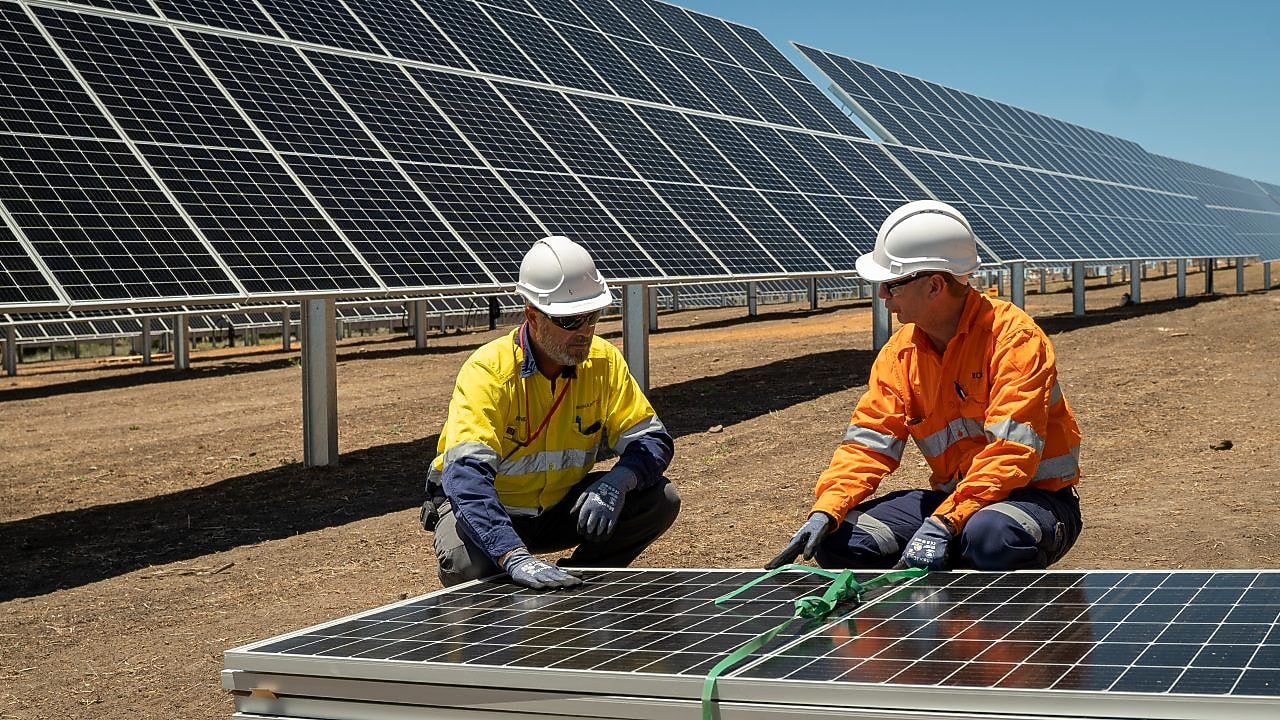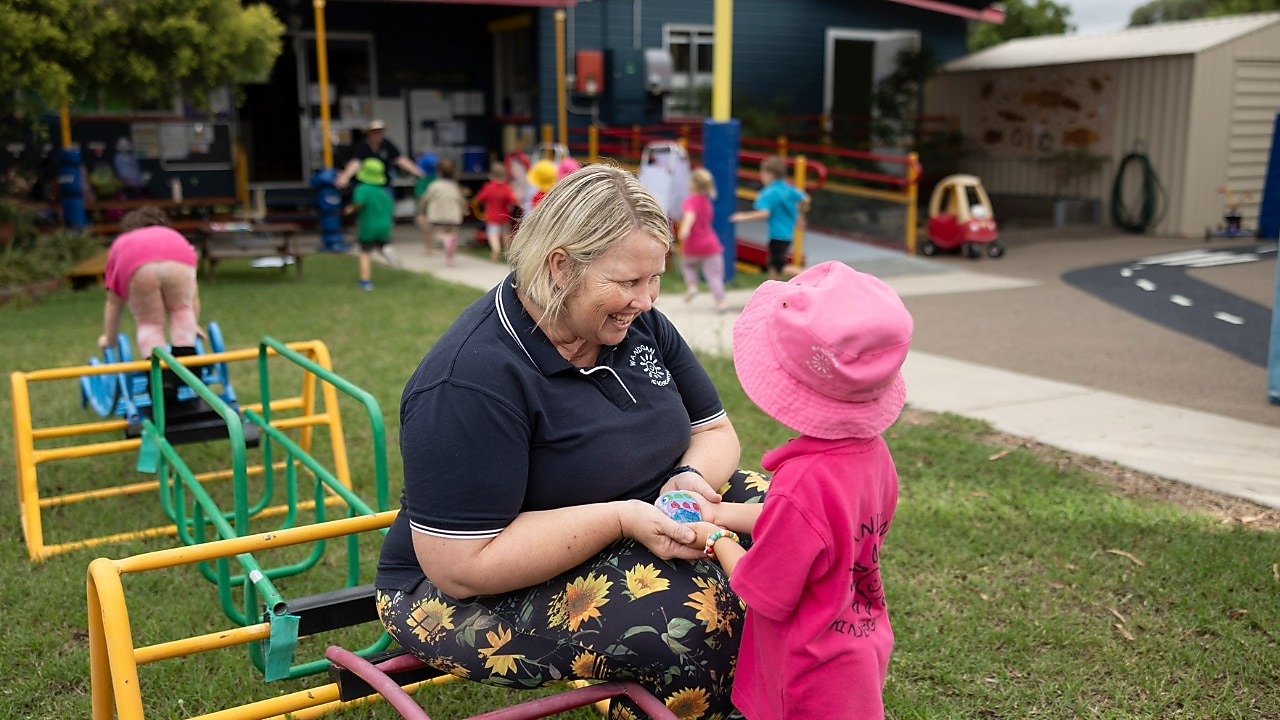
Nature-based solutions
The world needs a range of measures to limit carbon dioxide (CO2) emissions while meeting rising energy demand. They include the protection and restoration of natural ecosystems such as forests, grasslands and wetlands. But what are nature-based solutions and what is Shell doing to support them?
Watch: How Shell is investing in nature as part of its ambition to become a net zero energy emissions business by 2050 or sooner
Nature-based solutions and Shell | New Energies
Read the transcript
Read the transcript
Title: Shell Nature-Based Solutions main film
Duration: 0:50
Description:
An overview of Shell's activities in nature-based solutions, highlighting their role in helping to tackle climate change
[Sounds of nature, including birdsong and gentle breezes, accompany the appearance of a montage of forest images]
Bright, uplifting music begins.
[A forest canopy is further revealed, as the camera rises above it]
On-screen text: Trees are vital in the fight against climate change.
[The camera moves forward over a forest floor, between the trunks of trees]
On-screen text: Shell is harnessing nature.
[We follow a man as he walks through a forest]
On-screen text: Supporting reforestation projects
[Camera gradually drops down through a forest canopy]
On-screen text: Protecting forests under threat
[Cars arrive and depart from a Shell station]
On-screen text: Making it easier for customers to tackle their emissions
[Man looks up at the trees in a forest]
On-screen text: But this is all just one part of the solution.
[Overhead view of car driving along a road bordered by forests and water]
[Hilltop wind turbines turn in the distance, shrouded in layers of cloud]
On-screen text: We aim to be a net-zero emissions energy business by 2050 or sooner, in step with society.
[Camera rotates as it looks down on three people walking amongst rows of solar panels]
On-screen text: So we're also investing in other areas...
[Two customers are seen at a Shell station, refuelling a hydrogen car]
On-screen text: from lower-carbon biofuels and hydrogen
[We see the operation of an EV charging device]
On-screen text: to electric-vehicle charging,
[Aerial shot circling over rows of solar panels, followed by a view towards the horizon featuring numerous wind turbines]
On-screen text: solar and wind power.
[The camera travels forward over the treetops of a forest]
On-screen text: Shell. Powering progress together
[Camera gently moves forward along the floor of a forest]
Shell logo appears onscreen.
[Legal disclaimer text appears on screen]
It is important to note that as of May 5, 2020, Shell’s operating plans and budgets do not reflect Shell’s net-zero emissions ambition. Shell’s aim is that, in the future, its operating plans and budgets will change to reflect this movement towards its new net-zero emissions ambition. However, these plans and budgets need to be in step with the movement towards a net-zero emissions economy within society and among Shell’s customers.
The vegetation covering around a third of the world’s surface is vital to maintaining the planet's natural balance. It supports intricate wildlife systems and helps maintain a healthy atmosphere, by taking in carbon dioxide (CO2) and releasing oxygen.
Yet it is under threat: from human activities, such as clearing woodland for farming and illegal logging, as well as climate change.
What are nature-based solutions?
Nature-based solutions, or natural climate solutions, are projects which protect, transform or restore land. In this way, nature absorbs more CO2 emissions from the atmosphere. These projects can lead to the marketing, trading and sale of carbon credits.
The protection and restoration of natural ecosystems could play an important role in limiting global warming to below 1.5°C, while bringing additional environmental and social benefits, according to studies cited by the International Panel on Climate Change.i
They also have further benefits such as offering alternative sources of income to local communities, improving soil productivity, cleaning air and water, and maintaining biodiversity.
What is a carbon credit?
A credit represents the avoidance or removal of greenhouse gases equivalent to 1 tonne of CO2.
Why is Shell investing in nature?
We are working to cut the emissions from our own operations, as well as reducing greenhouse gas emissions per unit of energy that our customers use. There is no single solution.
Our approach includes improving the energy efficiency of our operations; selling more, cleaner-burning natural gas; generating electricity from solar; and investing to grow our power business. We are also supporting nature-based solutions.
Nature-based solutions can make a big contribution to our ambition to be a net-zero emissions energy business by 2050, or sooner. They have a role to play in reducing the carbon intensity of the energy products we sell, as well as addressing our customers’ emissions footprint when they use energy products bought from Shell.

Down on the farm, a new way to tackle climate change
In the Australian outback, one family is helping the land, their business, and in a small but significant way, the planet.
What is Shell doing in nature-based solutions?
Shell intends to make significant investments in projects that use nature to reduce CO2 emissions, while bringing wider benefits.
As a start, in the Netherlands, we are supporting Staatsbosbeheer, the Dutch National Forestry Department, to plant more than 5 million trees over the next 12 years.
In Australia, Shell has one existing 800-hectare regeneration project of endangered native forest in the Brigalow ecological community in Queensland. Additionally, Shell has acquired Select Carbon, a specialist company that partners with farmers, pastoralists and other landowners to develop carbon farming projects throughout Australia.
Shell has also signed an agreement with Land Life Company to create a 300-hectare reforestation project in Spain. Around 300,000 trees have been planted in the Castilla y Leon region.
In the UK, Shell has partnered with Forestry and Land Scotland, the Scottish government agency. Over the coming years, our support will help plant or regenerate around 1 million trees.
We also buy and sell carbon credits and are one of the most established traders of carbon credits in the world. The growing number of verified projects from which we buy credits is helping more customers meet their sustainability commitments.
NBS assurance
We undertake external verification of the integrity of the processes for the screening of third-party NBS projects that generate carbon credits for voluntary use. We also undertake external verification of the integrity of the processes for carbon credit procurement, reconciliation, retirement and Shell-branded certificate production, in support of Shell’s Net Carbon Footprint and Customer Value Propositions (CVP).
The assurance statements for these scopes can be found below.
- Limited assurance of the integrity of the processes for the screening of third-party NBS projects that generate carbon credits for voluntary use.
- Limited assurance of the integrity of the processes for carbon credit procurement, reconciliation, retirement and Shell-branded certificate production, in support of Shell’s Net CVP.
i https://www.ipcc.ch/site/assets/uploads/sites/2/2019/02/SR15_Chapter2_Low_Res.pdf
ii “Carbon neutral” indicates that Shell has engaged in a transaction to ensure that an amount of carbon dioxide equivalent (CO₂e) to that associated with the raw material extraction and transport, production, distribution and usage of the product or fuel has been removed from the atmosphere through a nature-based process or emissions saved through avoided degradation of natural ecosystems.

